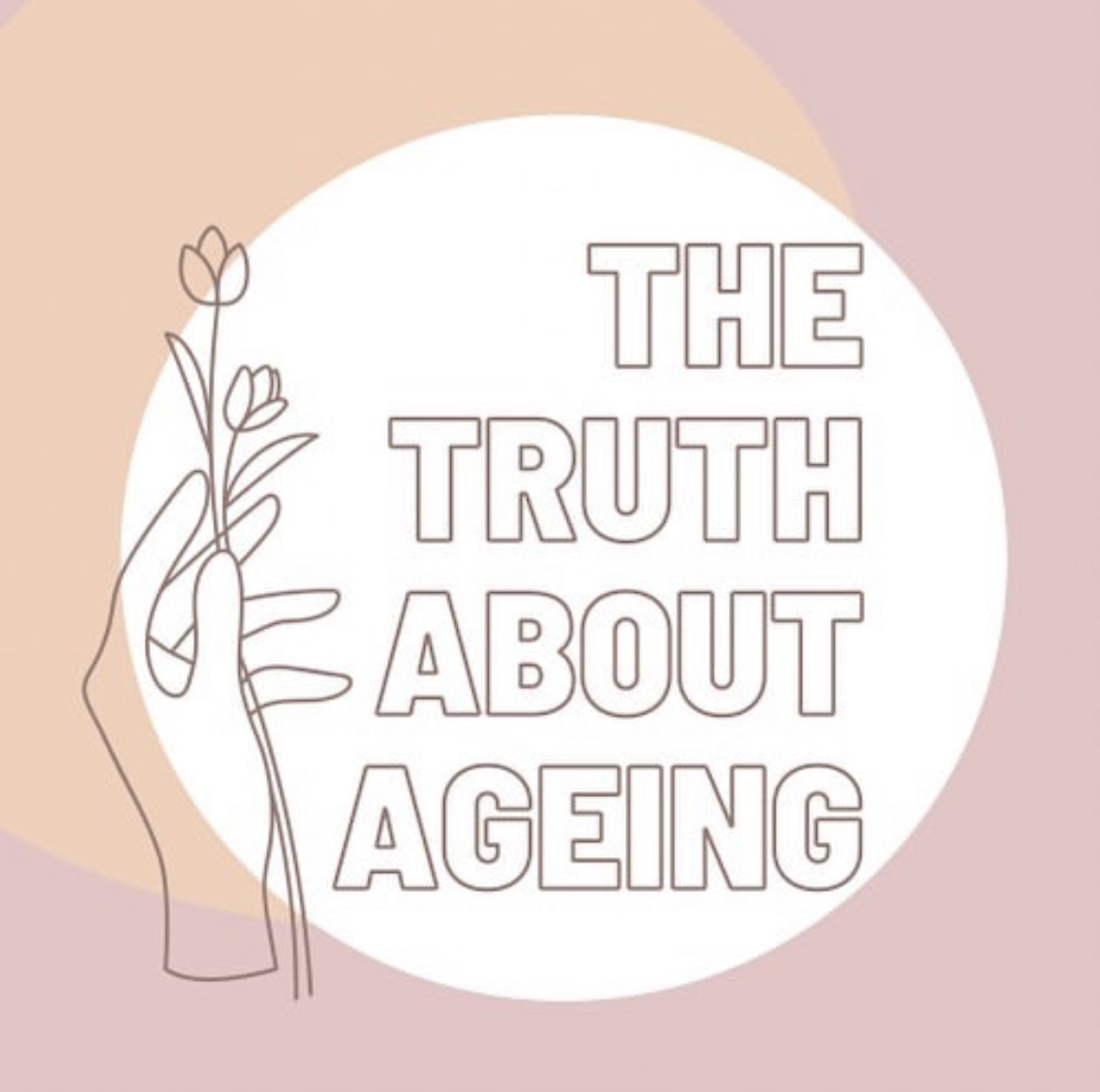Hard Conversations - August Newsletter
- Kate Helmore
- Aug 6, 2023
- 3 min read
Updated: Nov 6, 2023

Life has been just a bit glorious lately. I’ve been soaking up the frosty mornings and the sunny afternoons, spending lots of quality time with my beautiful 16mo (the best age, right?!) and my gorgeous Grandma (89 - an equally delightful age). One of the conversations I have regularly with my Grandma is about her memory. Like many ageing individuals, she worries a lot about the prospect of living with dementia. Whilst this isn’t something she currently lives with, it is estimated there are more than 400,000 Australians living with dementia, with this expected to increase to 800,000 by 2058. What I know through 13 years experience in the field, is that conversations surrounding dementia can be incredibly delicate and complex. Many people living with dementia may be unaware of their own decline, which can make seeking support difficult. I’ve worked with many clients who aren’t sure where to start and can feel nervous about opening this dialogue. For this reason, the theme I’ve chosen for August is ‘Hard Conversations’.
Hard Conversations in ageing can take many different forms. It might be encouraging your loved one to accept some help at home. It could be broaching discussions about moving permanently into a residential care facility. It may be gently assessing if the individual has insight into their own cognitive decline. So, what can you do about this? In my experience the keys to productive and positive Hard Conversations are
curiosity, empathy and goal-focused discussion. Nice buzz words, but what does that actually mean?! CURIOSITY Ask questions to understand what life is actually like for them. What are some of the delights of ageing? What are some of the challenging parts? How do you feel you’re managing at the moment? What brings you joy? What scares you about ageing? How do you go hanging the washing on the line? How’s your neighbour been since their fall? Get curious about their life and build an understanding of what their greatest strengths, challenges and worries are. EMPATHY Put yourself in their shoes. I imagine that must be really hard to accept help cleaning the home. That must have been incredibly tough giving up your drivers license - I know I would really struggle with that. I can’t imagine losing friends as they age, that must be heartbreaking. Get comfortable with talking about loss of any kind (independence, physical abilities, loved ones) and open up empathetic discussion. GOAL-FOCUSED DISCUSSION What do they ultimately want to achieve? I know you want to remain at home for as long as possible. For me to support you I think we should consider looking at some help with maintaining the home. I understand gardening brings you the most joy in life. So that we can ensure you can continue gardening, I think we should consider raising the garden beds. You’ve expressed how important it is for you to die at home. For this to happen, I think we should finalise your Advance Care Directive and be pro-active in sourcing a palliative care provider that meets your needs. Use your knowledge of their life (that you’ve ascertained through your curiosity), paired with some empathy to create goals that meet their needs.
I’ll be unpacking these themes in my August podcast episodes, which will be released on the 9th and 23rd of August. The podcast is called ‘The Truth About Ageing’ and can be found in your favourite podcast app - Apple Podcasts, Spotify etc. In the meantime, if you want to understand more about dementia I’ve linked a few of my previous podcast episodes below: All things Dementia - a general overview of the disease. 10 Warning Signs of Dementia - what to look out for. Behaviours with Dementia: Part One - how someone might present. Behaviours with Dementia: Part Two - how to support those behaviours. If you made it this far, congrats! I’ll try keep these newsletters juicy, but succinct. Big love, Kate.
------
If you’d like to chat about your unique situation and gain a better understanding of options available to you, please book a free 15 minute consult via the ‘Book Now’ button below.




Comments